Find Help
More Items From Ergsy search
-
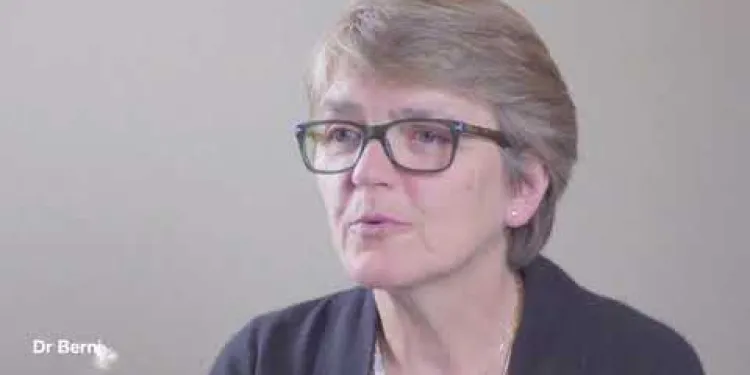
An introduction to frontotemporal dementia (FTD) (part 1/3)
Relevance: 100%
-

Living with changes in behaviour in frontotemporal dementia (FTD) (part 3/3)
Relevance: 82%
-
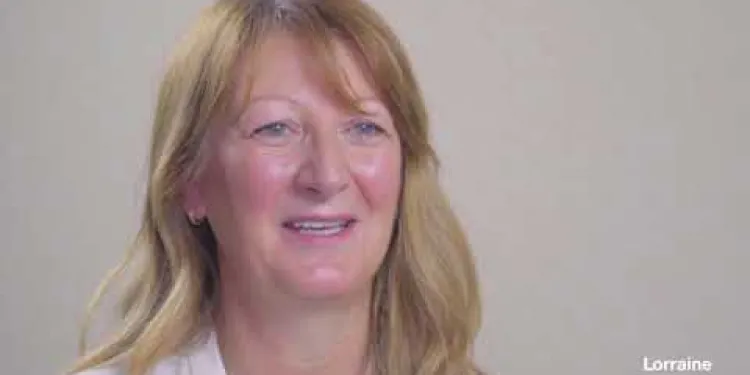
Getting help and support with frontotemporal dementia (FTD) (part 2/3)
Relevance: 74%
-
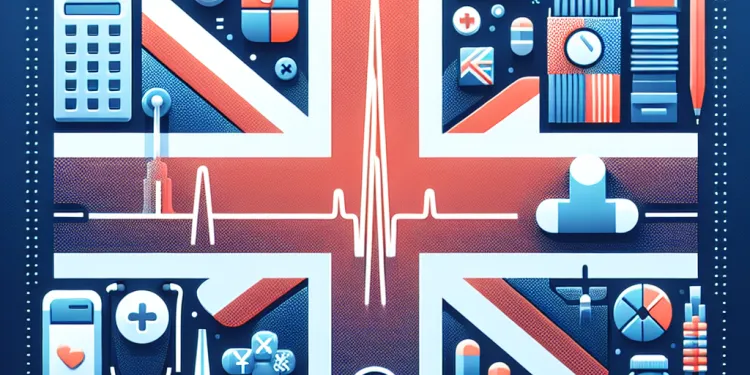
Is there a cure for dementia?
Relevance: 70%
-

What is dementia?
Relevance: 67%
-

Can dementia affect younger people?
Relevance: 63%
-

Early onset dementia | NHS
Relevance: 60%
-

Living with dementia | NHS
Relevance: 57%
-

How does dementia progress over time?
Relevance: 56%
-
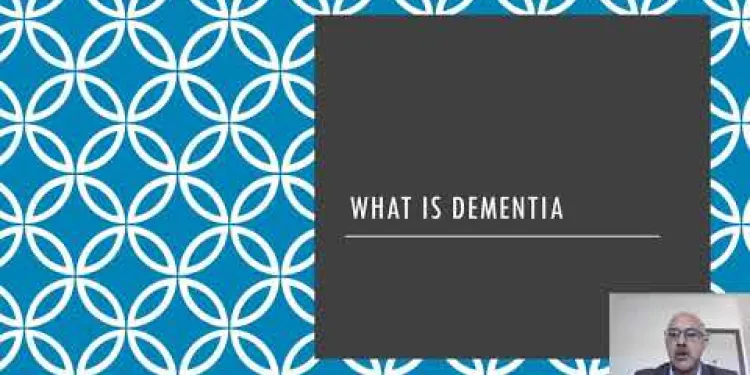
Dementia by Dr Alex Kakoullis, Coventry and Warwickshire Partnership NHS Trust
Relevance: 51%
-

How is dementia diagnosed?
Relevance: 51%
-

What is dementia?
Relevance: 50%
-

Dementia Care at Colten Care
Relevance: 49%
-
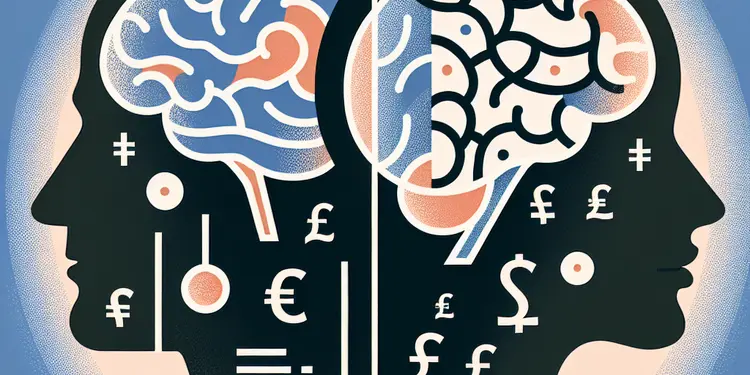
Do male and female brains age differently regarding dementia risk?
Relevance: 48%
-

Are there any support groups for people with dementia in the UK?
Relevance: 48%
-
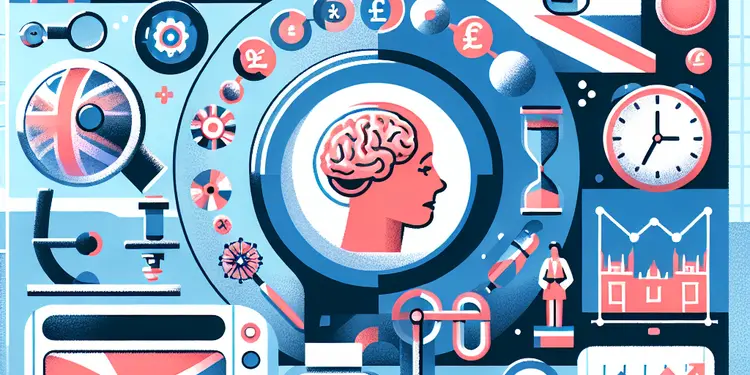
Is there scientific evidence linking menopause to dementia?
Relevance: 47%
-

Are there specific types of dementia linked to menopause?
Relevance: 47%
-
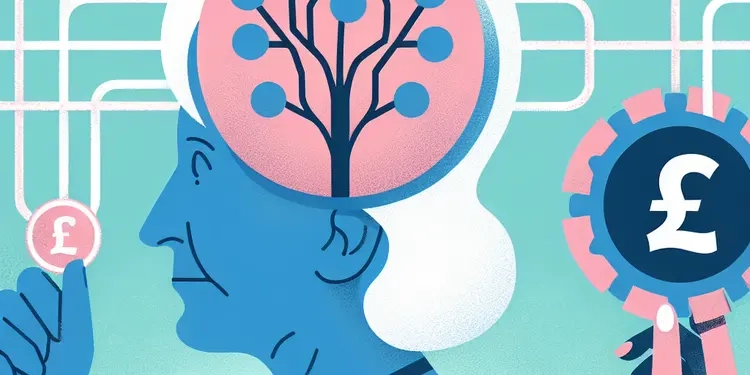
What are the links between menopause and dementia?
Relevance: 47%
-
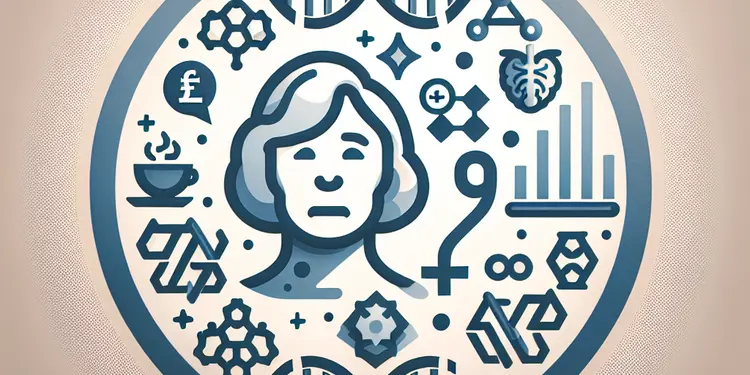
Do genetics play a role in dementia risk post-menopause?
Relevance: 46%
-

Can live-in care support individuals with dementia?
Relevance: 46%
-

Is the age of menopause onset related to dementia risk?
Relevance: 46%
-

How common is it for women to develop dementia after menopause?
Relevance: 45%
-

What further research is needed about menopause and dementia?
Relevance: 45%
-
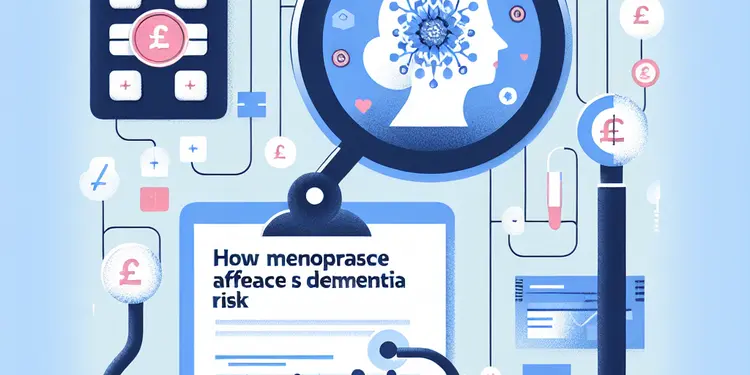
How does menopause potentially affect dementia risk?
Relevance: 44%
-
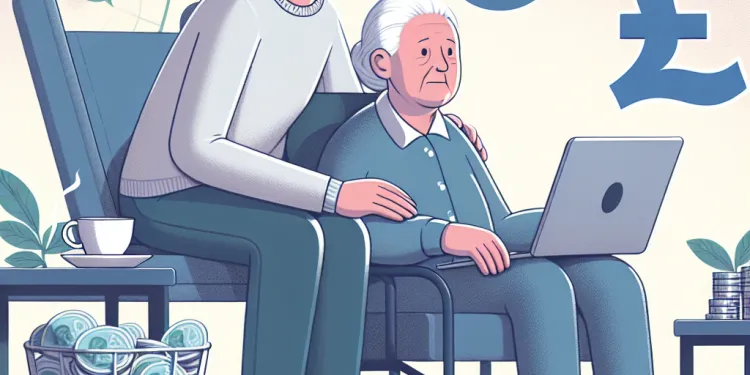
What role do carers play for those living with dementia?
Relevance: 44%
-
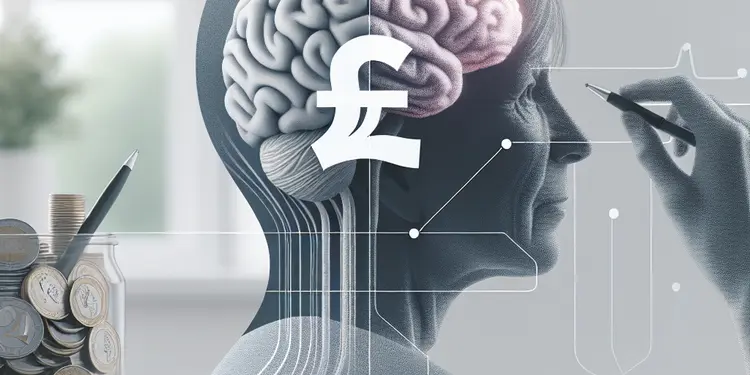
What symptoms can overlap between menopause and the early stages of dementia?
Relevance: 43%
-
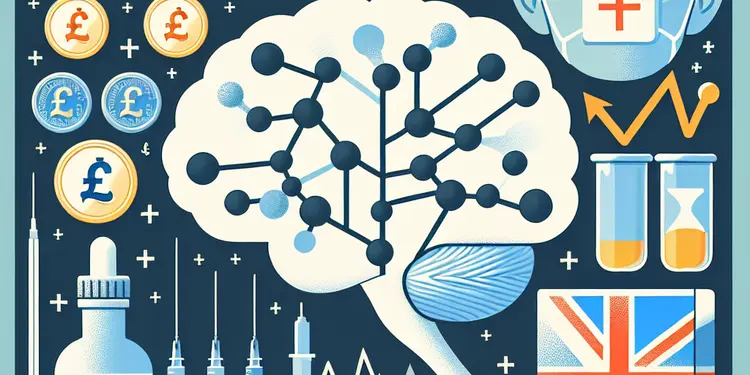
Can hormone replacement therapy (HRT) impact dementia risk?
Relevance: 42%
-

The role of care homes dedicated to caring for people living with dementia and memory loss
Relevance: 42%
-

Can lifestyle changes during menopause help reduce dementia risk?
Relevance: 42%
-
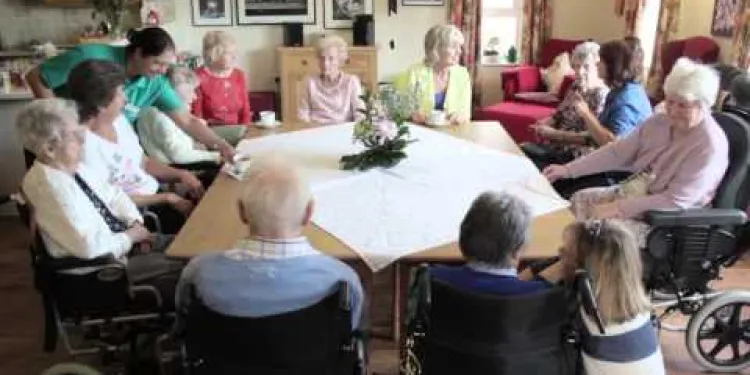
Fernhill Dedicated Dementia Care Home - a relatives perspective
Relevance: 38%
-
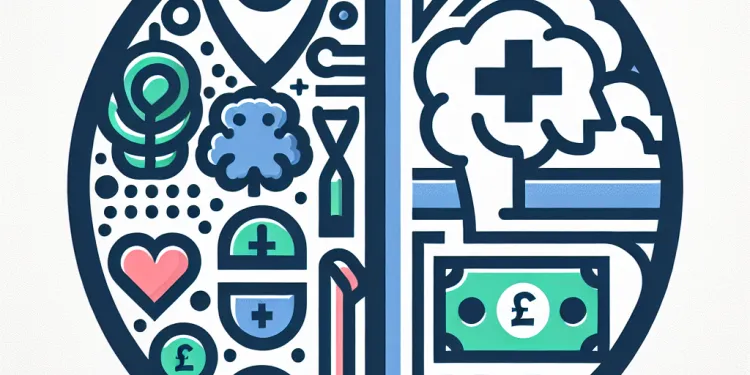
What are the common symptoms of dementia?
Relevance: 35%
-

How can I support a loved one with dementia?
Relevance: 32%
-

What financial support is available for people with dementia?
Relevance: 32%
-

What lifestyle changes can help someone with dementia?
Relevance: 31%
-
What is dementia?
Relevance: 26%
-
Is there a cure for dementia?
Relevance: 26%
-
What is dementia?
Relevance: 26%
-
Is there a cure for dementia?
Relevance: 26%
-

What is a dementia-friendly community?
Relevance: 26%
-
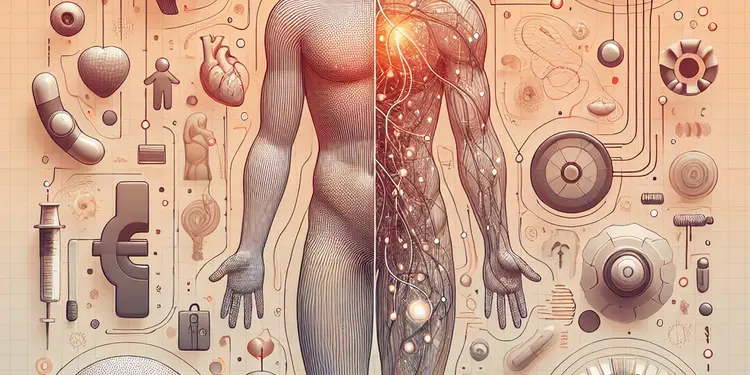
How does motor neurone disease affect the body?
Relevance: 25%
Introduction to Frontotemporal Dementia (FTD)
What is Frontotemporal Dementia?
Frontotemporal Dementia (FTD) is a degenerative brain disorder that primarily affects the frontal and temporal lobes of the brain. These areas are responsible for behaviour, personality, language, and complex thinking. Unlike other forms of dementia, such as Alzheimer's disease, FTD often strikes people at a younger age, typically between 45 and 65 years old.
Types of FTD
FTD is an umbrella term for a group of related conditions. The three main types of FTD include:
- Behavioural Variant FTD (bvFTD): Characterised by significant changes in personality and behaviour.
- Primary Progressive Aphasia (PPA): Affects language skills, including speaking, reading, and writing.
- FTD with Motor Neuron Disease (FTD-MND): Combines symptoms of FTD with motor neuron disease, affecting movement.
Causes and Risk Factors
The exact cause of FTD remains unknown; however, it has been linked to abnormal protein deposits in the brain. Genetic factors also play a role in approximately 40% of cases. Having a family history of FTD or related neurological conditions can increase the risk of developing the disease. Other risk factors are still under study and require further research.
Prevalence in the United Kingdom
Although less common than Alzheimer's disease, FTD affects a significant number of individuals in the United Kingdom. Statistics indicate that FTD represents about 2% to 5% of all dementia cases, which translates into thousands of affected families every year. Early diagnosis and awareness are crucial in managing the impact of the disease on patients and their loved ones.
What is FTD?
FTD is a brain disease. It affects the front and side parts of the brain. These parts help us with how we act, our personality, language, and thinking. FTD is different from Alzheimer's. It often happens to people between 45 and 65 years old.
Types of FTD
FTD is a name for a group of problems. The three main types are:
- Behavioural Variant FTD (bvFTD): This type changes how a person acts and their personality.
- Primary Progressive Aphasia (PPA): This type affects language. It makes talking, reading, and writing hard.
- FTD with Motor Neuron Disease (FTD-MND): This type affects movement. It combines FTD with another disease that affects moving muscles.
Why do people get FTD?
We are not sure what causes FTD. It is linked to bad proteins in the brain. In about 40% of the cases, genes play a part. If family members had FTD or similar brain problems, a person might have a higher chance to get it too. Scientists are still studying other reasons why people might get FTD.
How common is FTD in the UK?
FTD is not as common as Alzheimer's. But many people in the UK have it. FTD makes up about 2% to 5% of all dementia cases. This means thousands of families deal with it every year. Finding out early if someone has FTD is important. It helps patients and families manage the disease better.
Frequently Asked Questions
What is frontotemporal dementia (FTD)?
Frontotemporal dementia (FTD) is a group of disorders caused by progressive nerve cell loss in the brain's frontal lobes and temporal lobes, which can affect personality, behavior, language, and movement.
How is FTD different from Alzheimer's disease?
FTD differs from Alzheimer's disease mainly in the areas of the brain affected. While Alzheimer's typically affects memory and cognitive functions, FTD primarily impacts personality, behavior, and language skills.
What are the main types of FTD?
The main types of FTD include behavioral variant FTD (bvFTD), primary progressive aphasia (PPA), and movement-related variants such as corticobasal syndrome (CBS) and progressive supranuclear palsy (PSP).
What are the early symptoms of FTD?
Early symptoms of FTD may include changes in personality and behavior, difficulties with language or speech, and, less commonly, movement problems.
How is FTD diagnosed?
Diagnosing FTD involves a combination of medical history, neurological examinations, cognitive and neuropsychological tests, brain imaging, and sometimes genetic testing.
Is there a genetic component to FTD?
Yes, some forms of FTD are hereditary, with about 30-50% of cases showing a family history of the disease. Specific genetic mutations have been linked to FTD.
At what age does FTD usually occur?
FTD typically affects individuals between the ages of 45 and 65, although it can occur earlier or later.
Is there a cure for FTD?
There is currently no cure for FTD. Treatment focuses on managing symptoms and providing support to improve quality of life.
What treatments are available for FTD?
Treatments for FTD may include medications to manage behavioral symptoms, speech therapy for language difficulties, physical therapy for movement issues, and various support services.
How does FTD affect daily life?
FTD can significantly impact daily life, affecting an individual's ability to communicate, manage personal and social interactions, and perform routine activities.
What support is available for people with FTD in the UK?
Support for people with FTD in the UK includes healthcare services, social care, voluntary organisations, and support groups. The NHS and charities like Rare Dementia Support and the Alzheimer's Society provide resources and assistance.
How can caregivers support someone with FTD?
Caregivers can support someone with FTD by providing emotional support, helping with daily activities, coordinating medical care, and seeking respite services to relieve caregiver burden.
Can lifestyle changes help manage FTD symptoms?
While lifestyle changes can't stop FTD, maintaining a healthy diet, staying physically active, and engaging in social and mental activities can help improve overall well-being.
Are there any risk factors for developing FTD?
Risk factors for FTD include a family history of the disease and certain genetic mutations. There are no known lifestyle or environmental risk factors conclusively linked to FTD.
How does FTD progress over time?
FTD typically progresses over several years. Symptoms gradually worsen, affecting more cognitive and physical functions, ultimately leading to the need for full-time care.
What is frontotemporal dementia (FTD)?
Frontotemporal dementia (FTD) is a disease that affects the brain. It can change how a person behaves and talks. A person with FTD might have trouble remembering things or understanding others.
FTD usually happens to people who are between 40 and 65 years old. It can be hard for family and friends because it changes the person they know.
People with FTD need support. Family, friends, and doctors can help them. There are also special groups that understand FTD and can give support.
Using pictures or simple words may help people with FTD understand better.
What is Frontotemporal Dementia (FTD)?
Frontotemporal dementia is an illness that happens when parts of the brain get damaged. These parts are called the frontal lobes and temporal lobes. FTD can change how someone acts, talks, and moves.
What can help?
Using pictures or simple videos can help understand FTD better. Talking to a doctor or joining support groups can be supportive too.
What is different between FTD and Alzheimer's disease?
FTD and Alzheimer's are both diseases that change the brain. But they are not the same.
FTD often starts when people are younger, between 40 and 65. Alzheimer's usually starts when people are older, over 65.
FTD affects behavior and language. People might act very differently or have trouble speaking. Alzheimer's mostly affects memory. People might forget things and have trouble remembering.
It can help to use pictures or videos to learn more. Asking a doctor or nurse can also help explain these diseases.
FTD and Alzheimer's disease are different. They change different parts of the brain. Alzheimer's usually makes it hard to remember things and think. FTD mostly changes how a person acts and talks.
What are the main types of FTD?
FTD stands for Frontotemporal Dementia. It is a kind of brain illness. There are different types of FTD that affect people in different ways.
Here are the main types:
- Behavioral FTD: This type changes how people act. They might do things that are unusual or seem strange.
- Language FTD: This type makes talking and understanding words hard. People might have trouble saying what they want or understanding others.
- Movement FTD: This type makes it hard for people to move their bodies. They might shake, or their muscles might get stiff.
If you want to learn more, you can use simple language tools or ask someone to read with you. Drawing pictures or using apps to hear the words can also help.
The main types of FTD are:
- Behavioral variant FTD (bvFTD): This type changes how a person acts.
- Primary progressive aphasia (PPA): This type affects how a person talks.
- Movement-related types: These are corticobasal syndrome (CBS) and progressive supranuclear palsy (PSP). They affect how a person moves.
To help understand this better, you can use tools like picture boards, or ask someone to explain with simple words.
What are the first signs of FTD?
FTD is short for Frontotemporal Dementia. This is an illness that affects the brain.
Look out for these signs:
- Changes in personality or how someone acts
- Problems with speaking or understanding words
- Trouble with daily activities
- Feeling less interested in things
- Having a hard time with planning or organizing
If you see these signs, it might help to talk to a doctor. They can help figure out what is happening.
For support, you can:
- Use pictures or videos to understand better
- Ask a friend or family member to explain things
- Write notes to help remember important information
Early signs of FTD can be:
- Changes in how you act and feel
- Problems talking or understanding words
- Sometimes, trouble moving
How do doctors find out if someone has FTD?
Doctors do special tests to see if someone has FTD. FTD stands for Frontotemporal Dementia. This is a type of brain problem.
Doctors might:
- Ask questions about how the person feels and thinks.
- Look at the family history to see if anyone else had FTD.
- Do brain scans to see inside the brain.
- Use blood tests to check for other health problems.
Doctors use these tests to help decide if someone has FTD.
It can be helpful to talk with family and friends if someone thinks they have FTD. Drawing pictures and using simple words can also help.
Finding out if someone has FTD (a type of brain problem) needs several steps:
1. Doctor asks about past health problems.
2. Doctor checks how the brain works.
3. Tests to see how well a person can remember and think.
4. Pictures of the brain are taken.
5. Sometimes, tests are done to see if the problem runs in the family.
Using pictures and simple charts can help understand these steps better.
Can FTD be passed down in families?
Yes, some kinds of FTD can run in families. This means around 30-50 out of 100 people with FTD have family members who also had it. Scientists have found changes in genes that can cause FTD.
When does FTD usually happen?
FTD usually happens to people who are between 45 and 65 years old. But sometimes, it can happen when they are younger or older.
Can FTD Be Made Better?
Right now, there is no medicine that can fix FTD and make it go away.
But doctors and nurses can help people feel better. They can give medicine for some problems FTD causes, like feeling angry or sad.
People with FTD can also see therapists. Therapists are people who help with talking and thinking.
Using pictures or computer tools can also help people with FTD understand and talk to others.
There is no cure for FTD right now. Treatment helps with symptoms and gives support to make life better.
What treatments can help with FTD?
FTD is a sickness that changes how the brain works. Here are some ways to help:
- Medication: Some medicines can help with mood or behavior changes.
- Therapy: Talking to a therapist or counselor can help with feelings and communication.
- Support groups: Joining a group of people going through the same thing can help you feel better.
Tools that can help you:
- Use a calendar or notes to remember things.
- Ask family or friends to help with daily tasks.
- Try simple activities like drawing or listening to music to relax.
Talk to a doctor to find the best help for you.
There are different ways to help people with FTD. Doctors might give medicines to help if someone is acting different. People can go to speech therapy if talking is hard. Physical therapy can help if moving is difficult. There are also people who can offer help and support.
How does FTD affect daily life?
FTD, or Frontotemporal Dementia, can change how a person acts every day.
People with FTD might:
- Have trouble talking and finding the right words.
- Forget things easily or get confused.
- Find it hard to do everyday tasks, like cooking or getting dressed.
- Feel upset or have big mood changes.
Some things can help:
- Write notes or make lists to remember things.
- Use pictures to help understand words better.
- Have a regular daily routine.
- Ask someone for help when needed.
It is important for family and friends to be kind and patient.
FTD can make everyday life hard. It can make talking and being with other people difficult. It can also make it hard to do daily tasks.
Help for People with FTD in the UK
People with FTD can get help in the UK. FTD means frontotemporal dementia. Here are some ways to get support:
- Doctors and Nurses: They can talk to you about FTD and how to feel better.
- Support Groups: You can meet other people with FTD. You can share stories and make friends.
- Charities: Groups like Alzheimer's Society can give you extra help and advice.
If you need help reading, you can use tools like easy-read books or audio books. These can make reading easier.
In the UK, help for people with FTD (a type of dementia) comes from doctors, nurses, and care workers. There are also groups that can help, like charities and support groups. The NHS, Rare Dementia Support, and the Alzheimer's Society have tools and people to help you.
How can caregivers help someone with FTD?
Caregivers can do a lot to help someone with FTD (Frontotemporal Dementia). Here are some simple tips:
- Be Patient: Give them time to understand and respond. They might need more time to think.
- Talk Clearly: Use simple words and short sentences. Speak slowly and calmly.
- Offer Routine: Keep a daily schedule. Doing the same things every day can help.
- Use Pictures: Show pictures or use gestures to help explain things.
- Stay Positive: Smile and use a friendly tone. Encourage them and stay upbeat.
- Ask for Help: Use tools like reminder apps or timers to assist with daily tasks.
Caregivers can help someone with FTD in these ways:
- Give love and support.
- Help with things like dressing, eating, and washing.
- Go to the doctor with them and help with medicine.
- Take breaks and get help when needed.
Can changes in how you live help with FTD symptoms?
FTD stands for frontotemporal dementia. It affects the brain and can change behavior and thinking. Making changes in your daily life might help with symptoms.
Here are some things that might help:
- Stay active: Try to move your body every day. Go for a walk or play a game you enjoy.
- Eat healthy: Eat fruits, vegetables, and other good foods. This helps your brain and body.
- Keep a routine: Doing things at the same time each day can help you feel calmer and more in control.
- Use tools: Try using a calendar or a timer to remember things and stay organized.
- Ask for help: It's okay to ask friends, family, or carers if you need support.
We can't stop FTD just by changing our daily habits. But, eating healthy food, doing physical exercises, and enjoying time with friends and family can help us feel better.
What makes it more likely to get FTD?
Some things might make getting FTD more likely. FTD stands for Frontotemporal Dementia.
- Family history: If your family, like a parent or grandparent, had FTD, you might be more likely to get it.
- Genes: Sometimes, changes in your genes can make FTD more likely.
If you want to understand more, you can:
- Ask a doctor or nurse for help.
- Use pictures and charts to learn.
- Watch videos about FTD.
Things that might make you more likely to get FTD (Frontotemporal Dementia) are having other people in your family who had the disease or having certain changes in your genes.
We don’t know if the way you live or the things around you can change the risk of getting FTD.
If you find it hard to read, you can ask someone to help you or use tools that read the text out loud for you.
What happens to FTD over time?
FTD is a sickness that gets worse slowly over a few years. As time goes by, it makes thinking and moving harder to do. In the end, people with FTD need someone to help them all the time.
Useful Links
This website offers general information and is not a substitute for professional advice.
Always seek guidance from qualified professionals.
If you have any medical concerns or need urgent help, contact a healthcare professional or emergency services immediately.
Some of this content was generated with AI assistance. We’ve done our best to keep it accurate, helpful, and human-friendly.
- Ergsy carfully checks the information in the videos we provide here.
- Videos shown by Youtube after a video has completed, have NOT been reviewed by ERGSY.
- To view, click the arrow in centre of video.
- Most of the videos you find here will have subtitles and/or closed captions available.
- You may need to turn these on, and choose your preferred language.
- Go to the video you'd like to watch.
- If closed captions (CC) are available, settings will be visible on the bottom right of the video player.
- To turn on Captions, click settings .
- To turn off Captions, click settings again.
More Items From Ergsy search
-

An introduction to frontotemporal dementia (FTD) (part 1/3)
Relevance: 100%
-

Living with changes in behaviour in frontotemporal dementia (FTD) (part 3/3)
Relevance: 82%
-

Getting help and support with frontotemporal dementia (FTD) (part 2/3)
Relevance: 74%
-

Is there a cure for dementia?
Relevance: 70%
-

What is dementia?
Relevance: 67%
-

Can dementia affect younger people?
Relevance: 63%
-

Early onset dementia | NHS
Relevance: 60%
-

Living with dementia | NHS
Relevance: 57%
-

How does dementia progress over time?
Relevance: 56%
-

Dementia by Dr Alex Kakoullis, Coventry and Warwickshire Partnership NHS Trust
Relevance: 51%
-

How is dementia diagnosed?
Relevance: 51%
-

What is dementia?
Relevance: 50%
-

Dementia Care at Colten Care
Relevance: 49%
-

Do male and female brains age differently regarding dementia risk?
Relevance: 48%
-

Are there any support groups for people with dementia in the UK?
Relevance: 48%
-

Is there scientific evidence linking menopause to dementia?
Relevance: 47%
-

Are there specific types of dementia linked to menopause?
Relevance: 47%
-

What are the links between menopause and dementia?
Relevance: 47%
-

Do genetics play a role in dementia risk post-menopause?
Relevance: 46%
-

Can live-in care support individuals with dementia?
Relevance: 46%
-

Is the age of menopause onset related to dementia risk?
Relevance: 46%
-

How common is it for women to develop dementia after menopause?
Relevance: 45%
-

What further research is needed about menopause and dementia?
Relevance: 45%
-

How does menopause potentially affect dementia risk?
Relevance: 44%
-

What role do carers play for those living with dementia?
Relevance: 44%
-

What symptoms can overlap between menopause and the early stages of dementia?
Relevance: 43%
-

Can hormone replacement therapy (HRT) impact dementia risk?
Relevance: 42%
-

The role of care homes dedicated to caring for people living with dementia and memory loss
Relevance: 42%
-

Can lifestyle changes during menopause help reduce dementia risk?
Relevance: 42%
-

Fernhill Dedicated Dementia Care Home - a relatives perspective
Relevance: 38%
-

What are the common symptoms of dementia?
Relevance: 35%
-

How can I support a loved one with dementia?
Relevance: 32%
-

What financial support is available for people with dementia?
Relevance: 32%
-

What lifestyle changes can help someone with dementia?
Relevance: 31%
-
What is dementia?
Relevance: 26%
-
Is there a cure for dementia?
Relevance: 26%
-
What is dementia?
Relevance: 26%
-
Is there a cure for dementia?
Relevance: 26%
-

What is a dementia-friendly community?
Relevance: 26%
-

How does motor neurone disease affect the body?
Relevance: 25%


